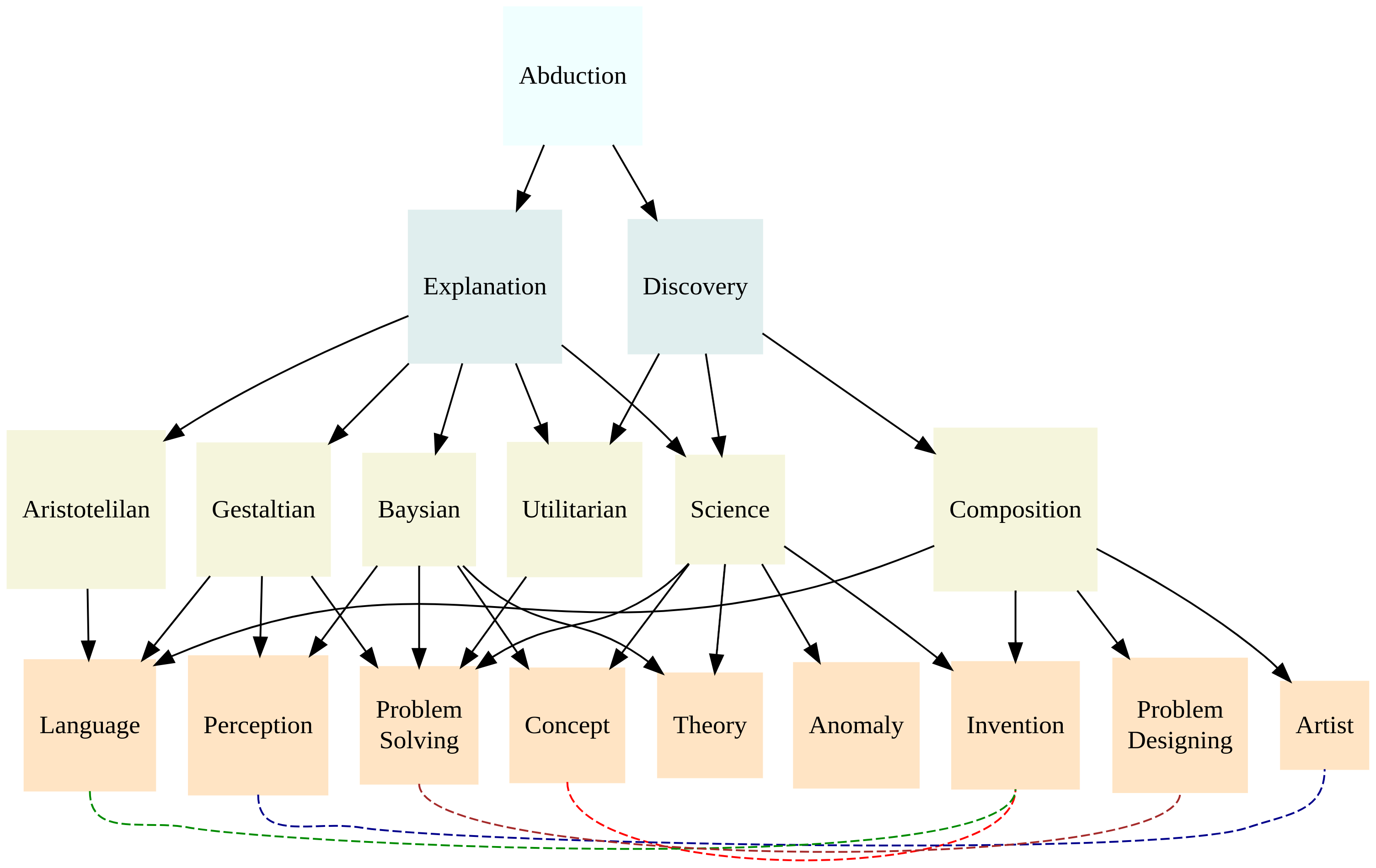 SHI Yu-Zhe 师宇哲
SHI Yu-Zhe 师宇哲
I study how to construct high-fidelity communication channels between humans and machines in hybrid intelligence systems. This is with the aim of advancing sophisticated realms such as scientific discovery, engineering innovation, professional education, social governance, and manned-unmanned device coordination, based on an understanding of the interplay between human mindsets and various configurations of hybrid systems, as viewed through a rationalist cognitive science perspective.
This overarching problem can be considered hierarchically in accordance with Marr's level-of-analysis paradigm, moving from conceptualized configurations, to three levels of analysis on abstract theories about human mindsets, and finally towards desired hybrid system outcomes in a top-down manner.
At the computational level, I will examine both the individual and inter-individual interaction modes, acknowledging the existence of diverse mindsets. For individual-machine hybrid systems, I ask: How does mindset dictate the interaction between personal bias and problem utility, such that solutions diverge for some problems but converge for others? For the crowd-machine hybrid systems, I consider: (i) How to take advantage of the diverse mindsets to synthesise a deeper understanding of the target problem? (ii) How can a common ground be established through communication, to facilitate idea propagation amongst diverse mindsets?
Moving to the representational level, I intend to employ statistical models and programming languages, particularly Domain-specific Languages (DSLs), as the communication interfaces between human mindsets with a variety of hybrid system configurations.
Lastly, at the implementational level, I aim to apply theories drawn from the two higher levels as guiding principles in the construction of hybrid systems addressing significant real-world applications.
